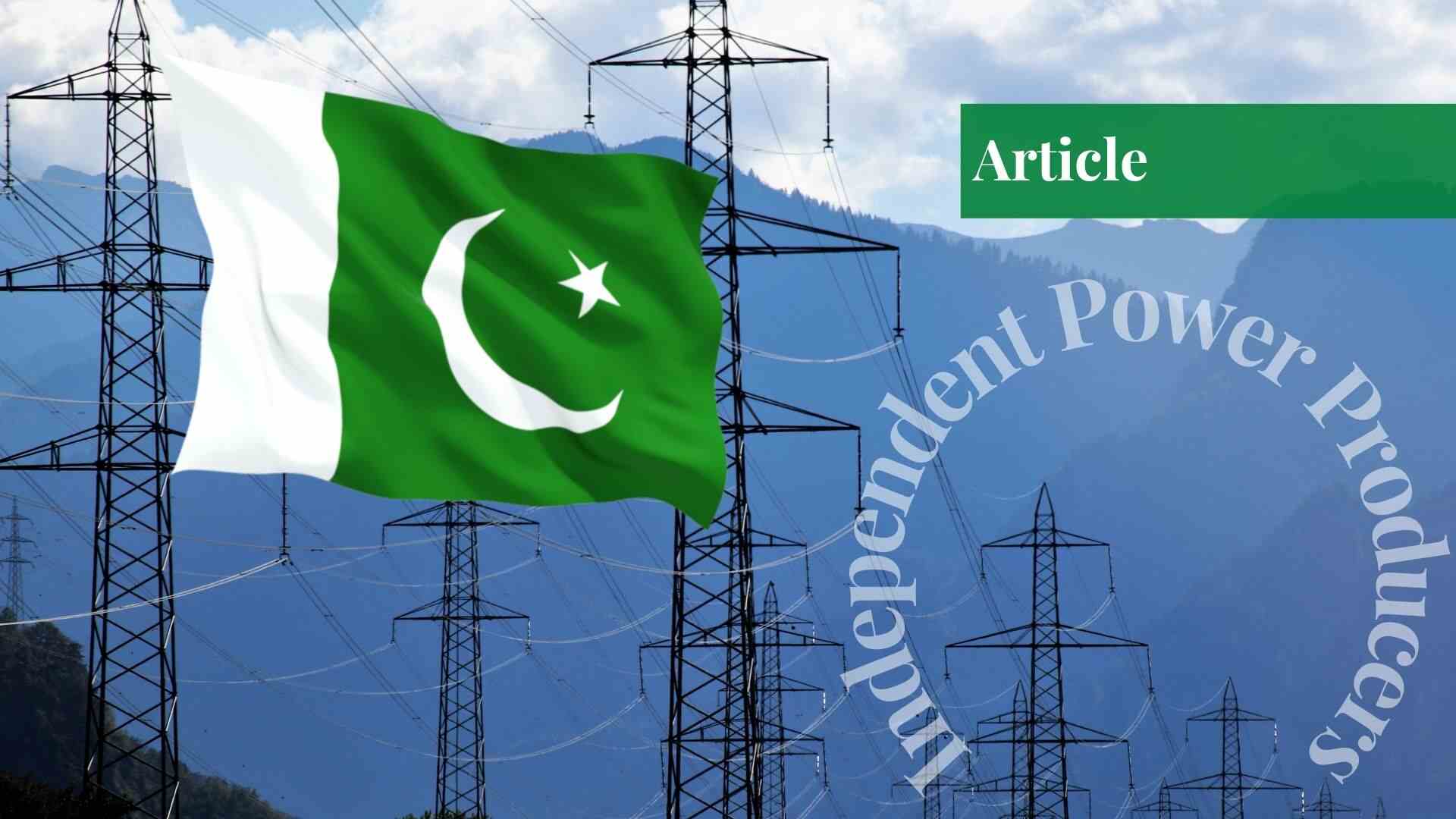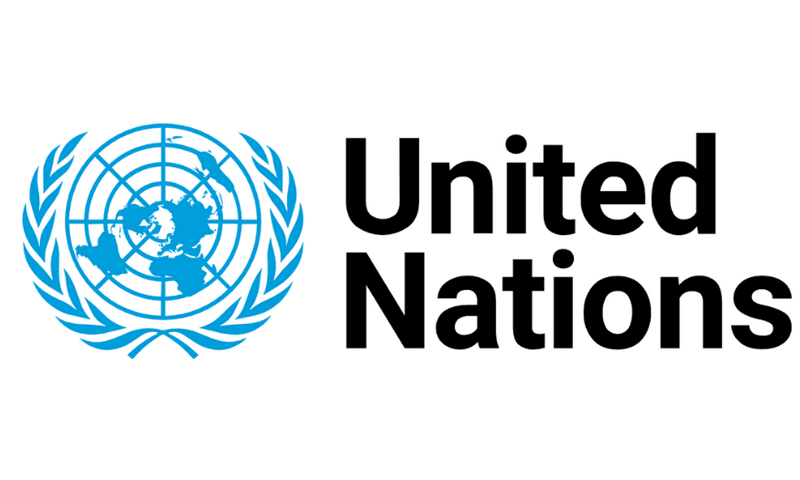Syed Ahsan Ali
World Immunization Week is an annual event that takes place in the last week of April every year to emphasize the importance of immunization in preventing diseases and saving lives. The week-long event holds particular significance in 2024, with celebrations spanning from April 24 to April 30.
Immunization is a highly effective method of safeguarding ourselves and our communities from infectious diseases. Vaccines work by training the immune system to recognize and fight off specific pathogens, such as viruses and bacteria. Vaccines have been responsible for eradicating smallpox, reducing the incidence of other deadly diseases like polio and measles, and saving countless lives every year.
The theme for World Immunization Week 2024 is “Vaccines Bring Us Closer,” a powerful reminder of the global impact of vaccines in uniting people and enhancing health worldwide. This event provides an opportunity for individuals, communities, and governments, including Pakistan, to come together and reaffirm their commitment to ensuring that everyone has access to life-saving vaccines.
The primary objective of World Immunization Week is to increase vaccine coverage rates, particularly in regions with limited access to vaccines, such as low- and middle-income countries. By expanding access to vaccines, we can prevent the spread of diseases and protect vulnerable populations, such as children, pregnant women, and the elderly.
Another crucial aspect of World Immunization Week is to educate the public about the safety and effectiveness of vaccines. Unfortunately, there is a significant amount of misinformation about vaccines that can lead to vaccine hesitancy and reduced vaccine uptake. By providing accurate information about vaccines and their benefits, we can increase public confidence in vaccination and, ultimately, improve global health.
Therefore, World Immunization Week 2024 is an essential event that aims to increase awareness about the importance of vaccines and broaden access to life-saving vaccines worldwide. By working together, we, including the audience, can help safeguard ourselves and our communities from deadly diseases and improve global health.
Immunization has been one of the most significant achievements in the field of medicine, and the global vaccine drives of the second half of the 20th century are a testament to humanity’s achievements. Immunization campaigns have enabled us to eradicate smallpox, nearly defeat polio, and ensure more children survive and thrive than ever before. These campaigns have been instrumental in reducing infant mortality rates and improving the quality of life for millions of people around the world.
This year, World Immunization Week will celebrate the 50th anniversary of the Expanded Programme on Immunization (EPI), which was launched in 1974. The EPI initially focused on protecting all children against six childhood illnesses. Today, the program has expanded to include 13 universally recommended vaccines across the life course and 17 additional vaccines with context-dependent recommendations. The program now calls it the Essential Programme on Immunization, reflecting the importance of immunization across all age groups.
In just five decades, the world has gone from a place where parents feared the death of their children to a world where every child has a chance to survive and thrive if vaccinated. The EPI has played a crucial role in this transformation, and it has been successful in reducing the incidence of vaccine-preventable diseases globally. The vaccines have been effective in preventing illnesses such as measles, mumps, rubella, polio, and diphtheria.
However, the progress made in immunization has suffered in the last few years due to the pandemic. While more than four million more children were vaccinated globally in 2022 than in 2021, around 20 million children missed out on one or more of their vaccines. This is a cause for concern as it has led to sudden outbreaks of diseases that we had nearly eradicated, such as measles and diphtheria. Conflicts, economic downturns, and an increase in vaccine hesitancy are some of the threats to efforts to reach these children.
Although global vaccine coverage is good, with four out of five kids being fully covered, more work needs to be done. Countries need to invest in immunization programs to ensure that future generations are protected against vaccine-preventable diseases. This investment should include raising awareness about the importance of immunization and addressing issues related to vaccine hesitancy.
Finally, immunization has saved countless lives and has been one of the most significant achievements in the field of medicine. The Expanded Programme on Immunization (EPI) has played a crucial role in ensuring that every child has a chance to survive and thrive if vaccinated. However, the progress made in immunization has suffered from the pandemic and other factors. Thus, it is essential to continue investing in immunization programs to protect future generations and ensure that we continue to make progress towards eradicating vaccine-preventable diseases.
World Immunization Week 2024 presents an opportunity for Pakistan to learn important lessons about the benefits of immunization, the challenges in achieving equitable access to vaccines, and the importance of public education and awareness about vaccines.
One of the key lessons that Pakistan can learn from the World Immunization Week is the importance of increasing vaccine coverage rates, particularly in low-income and rural areas where access to vaccines is often limited. This requires a concerted effort from the government, healthcare providers, and local communities. Healthcare professionals and policymakers, in particular, play a crucial role in ensuring that vaccines are accessible to all, regardless of their socioeconomic background.
Another lesson that Pakistan can learn from World Immunization Week 2024 is the significance of public education and awareness about vaccines. Misinformation and myths about vaccines can lead to vaccine hesitancy and decreased vaccine uptake, which can have serious health consequences. For instance, in [specific region or city], vaccine hesitancy has led to [specific health consequences, such as a rise in vaccine-preventable diseases or increased mortality rates]. By providing accurate information about vaccines and their benefits, Pakistan can increase public confidence in vaccination and ultimately improve public health outcomes.
Finally, Pakistan can learn from World Immunization Week 2024 the importance of investing in research and development of new vaccines. The COVID-19 pandemic has highlighted the crucial role of vaccines in preventing and controlling infectious diseases. Therefore, Pakistan can enhance its capacity to combat future outbreaks by investing in research and development of new vaccines that can protect against emerging and re-emerging infectious diseases.
Concludingly, World Immunization Week 2024 provides important lessons for Pakistan to improve its immunization programs, increase vaccine coverage rates, and enhance public education and awareness about vaccines. By learning from the lessons of World Immunization Week, Pakistan cannot only improve its public health outcomes but also contribute significantly to global efforts to eradicate vaccine-preventable diseases, instilling a sense of hope and optimism.
Please, subscribe to the YouTube channel of republicpolicy.com

















































